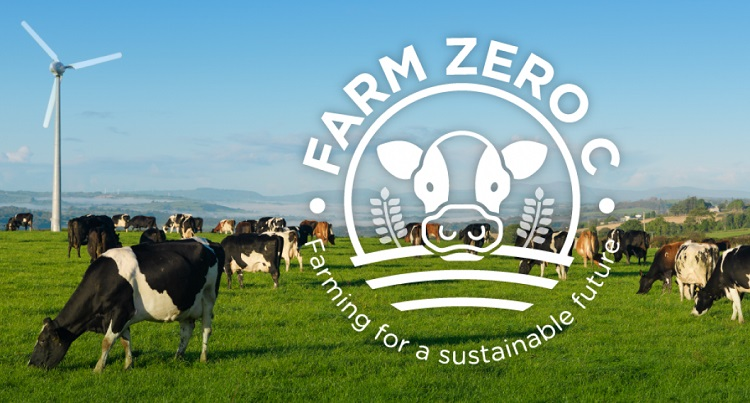
For my thesis research I will be working with the Farm Zero C based in Ireland. Farm Zero C is a collaboration between BiOrbic, Carbery, Munster Technological University and others to address the challenge of carbon neutral farming. This presents a holistic view of the farm to reduce greenhouse gas emissions and increase the health and resilience of the farm.
Working with Farm Zero C is highly important to me because after completing my undergraduate degree in Agricultural Science I am able to incorporate my predominantly agricultural background into this research project at NUIG. There is increased interest surrounding agriculture, climate change and the environment in recent years. This is predominantly due to Methane which is a greenhouse gas that is more potent than Carbon Dioxide and is a significant source of global warming. More than 58% of total emissions produced from the global livestock sector comes from methane (Gerber et al., 2013). Hence, the Farm Zero C project has a key focus on emission reduction.
The working title of my thesis is Sustainable protein supply from grass-based biorefineries for livestock feed. Over the past few weeks, I have systematically reviewed all available literature on the research topic and I am currently generating a review publication.
So far I have acknowledged that Green biorefinery (GBR) systems have received much attention in recent years since they can provide a solution to increasing the demand for protein-rich animal feed while decreasing the dependency on soybean imports within the European Union. The attached video further explains the Green Biorefinery concept by Farm Zero C and how it can contribute to a soy replacement.
Bibliography
GERBER, P. J., STEINFELD, H., HENDERSON, B., MOTTET, A., OPIO, C., DIJKMAN, J., FALCUCCI, A. & TEMPIO, G. 2013. Tackling climate change through livestock: a global assessment of emissions and mitigation opportunities, Food and Agriculture Organization of the United Nations (FAO).